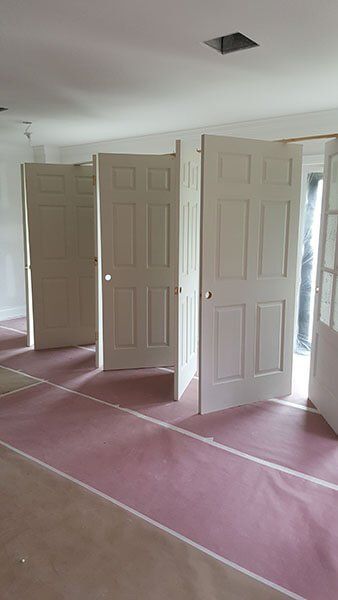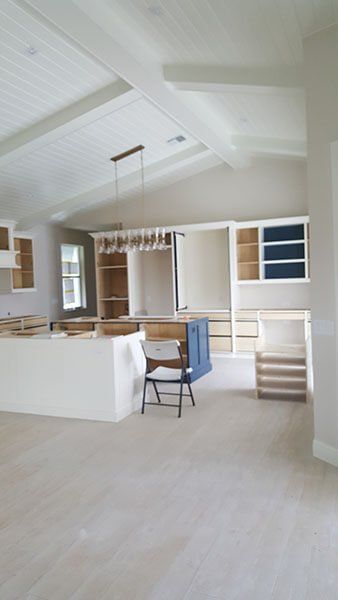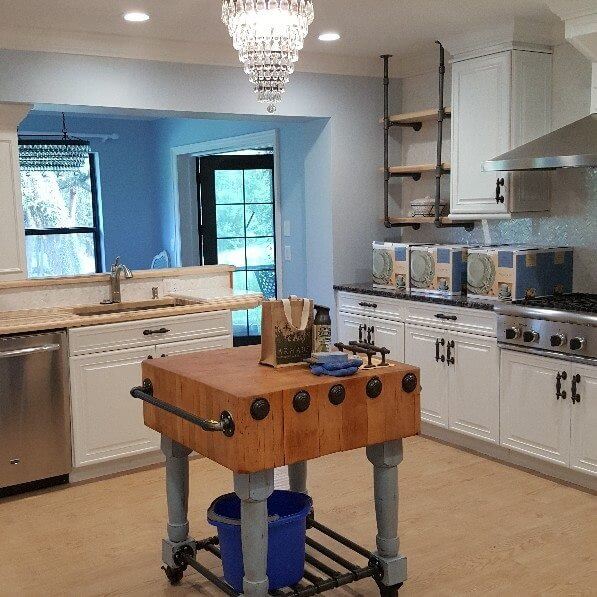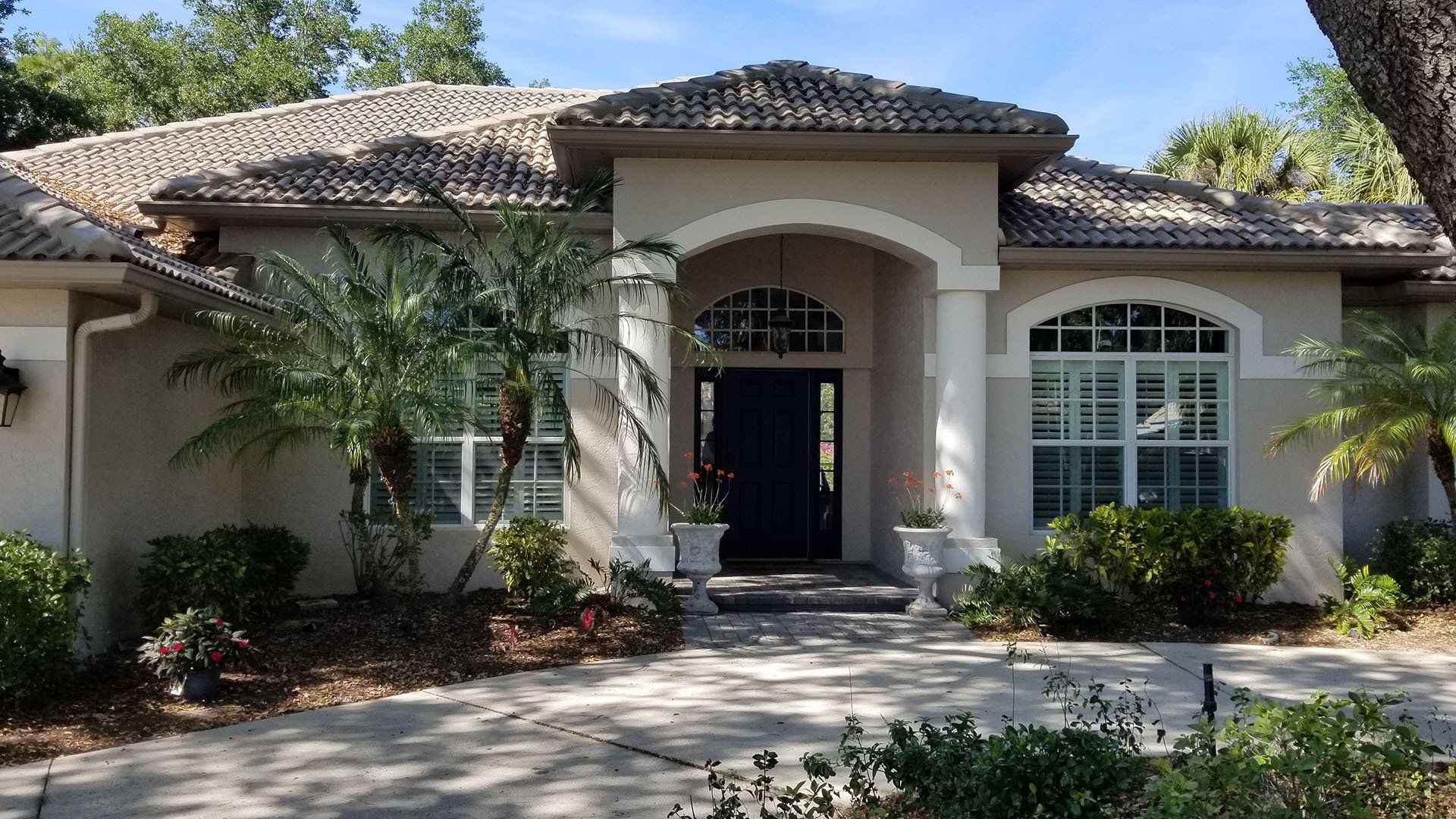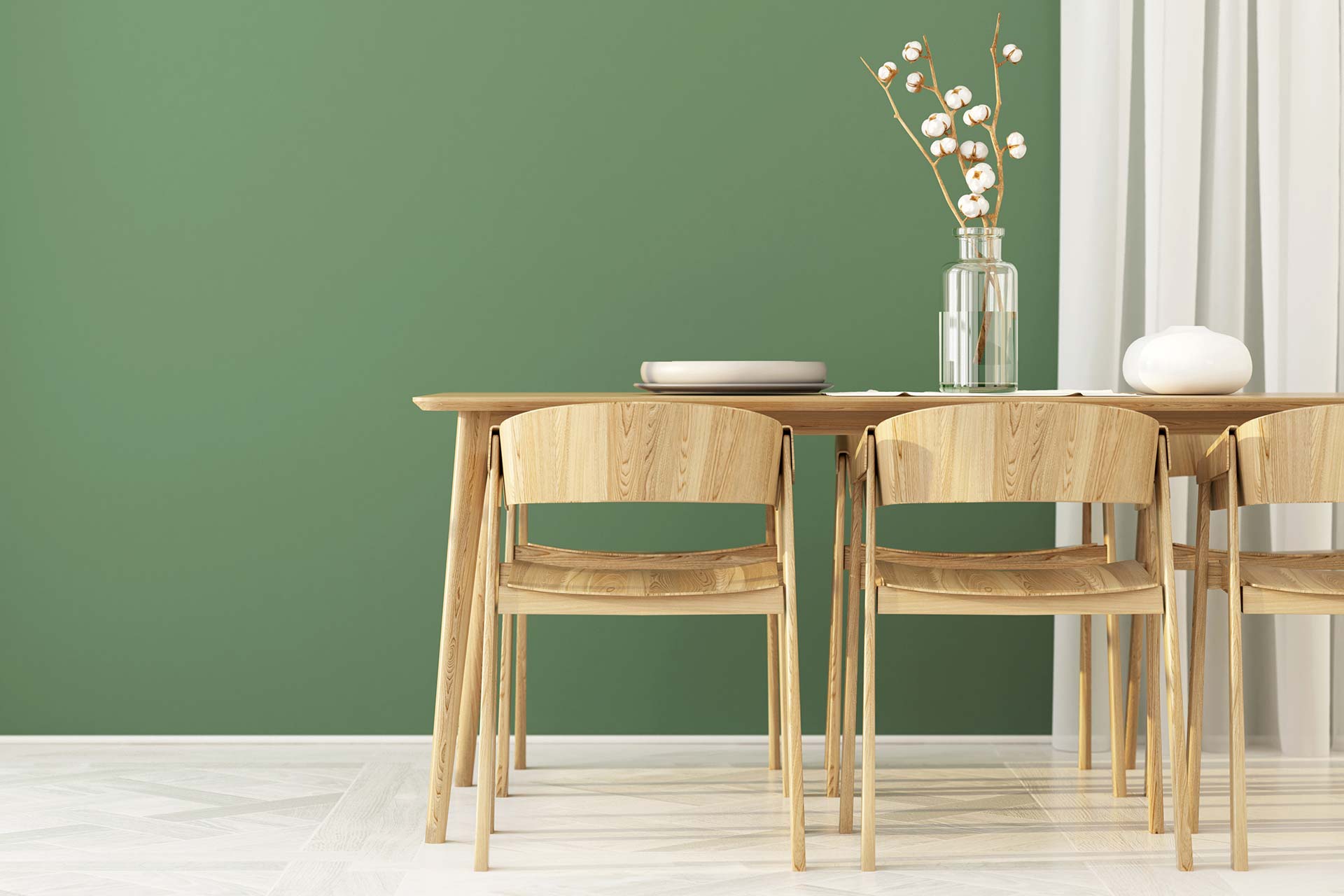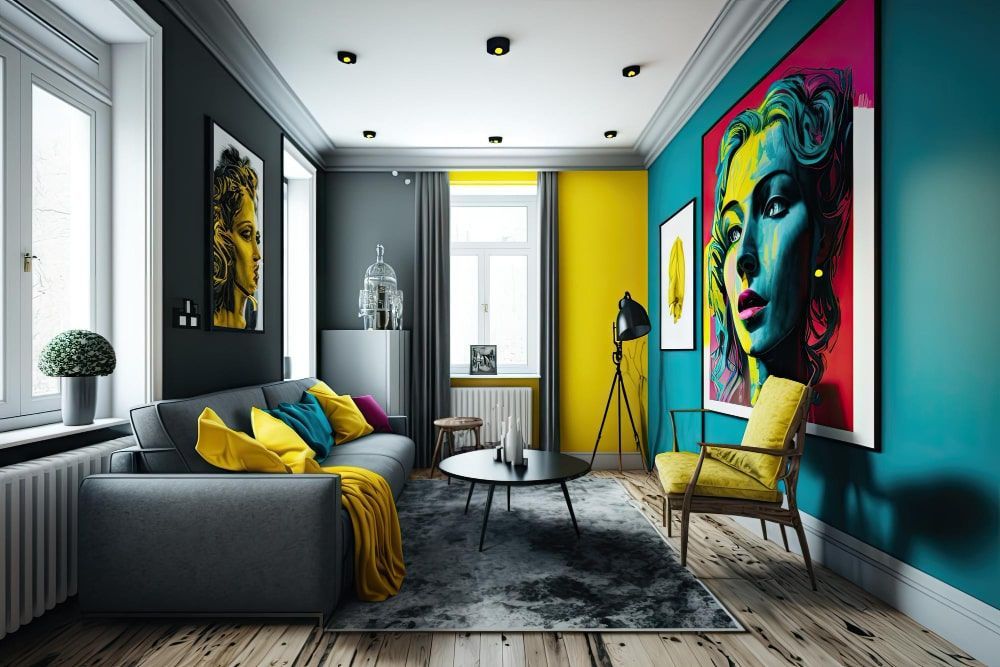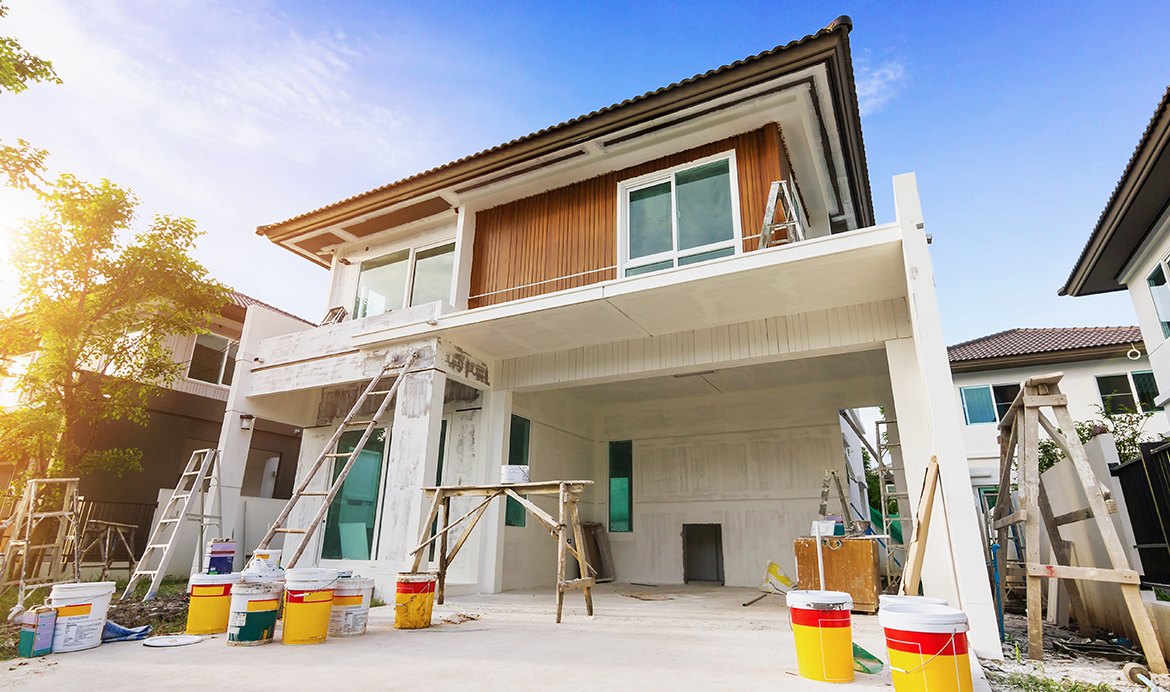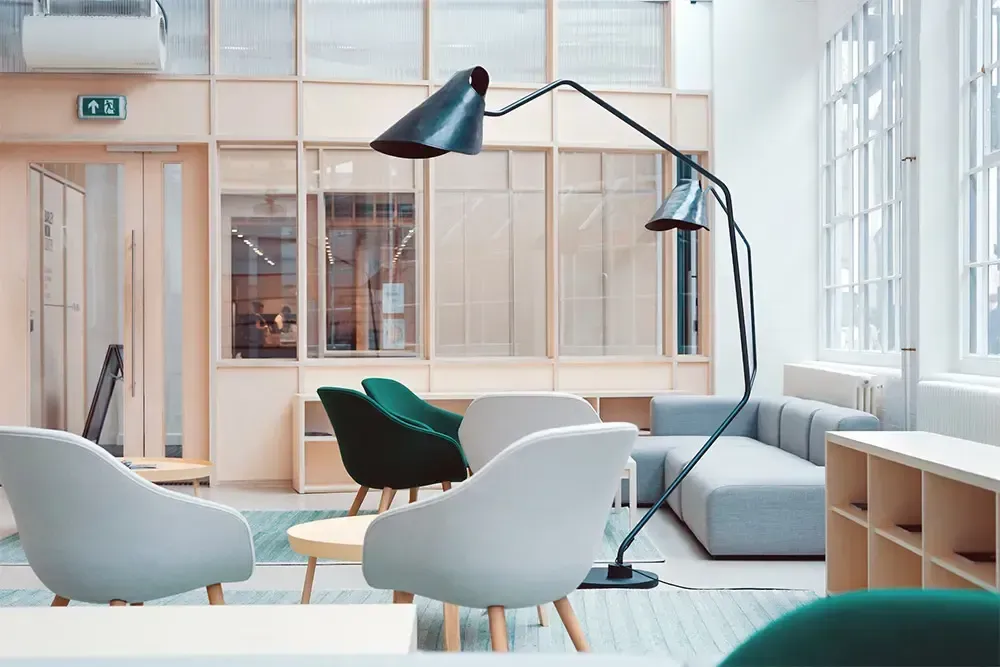The Cost Breakdown: How Much Does It Cost to Paint a House?
A fresh coat of paint can breathe new life into your home, giving it a renewed sense of beauty and charm. However, it's crucial to have a clear understanding of the costs associated with a house painting project before diving in. The cost of painting a house can vary significantly based on factors such as the size and condition of the house, the number of stories, the complexity of the project, and the quality of paint and materials chosen. Additionally, regional differences in labor and material costs can also impact the overall expense. By delving into the cost breakdown of a house painting project, we aim to provide you with valuable insights and guidance to help you budget effectively and achieve the desired results for your home.
Size of the House:
The size of your house is one of the primary factors that determine the cost of painting. Generally, painters charge per square foot, so the larger the area to be painted, the higher the cost. Measure the exterior walls and calculate the square footage to get an idea of the size and scope of the project.
The condition of your house's exterior surfaces can also impact the cost of painting. If there are significant repairs or prep work required, such as filling cracks, repairing damaged wood, or removing old paint, it can add to the overall expenses. It's important to assess the condition of your house and factor in any necessary repairs when estimating the total cost.
Type of Paint:
The type of paint you choose also affects the overall cost. High-quality paints tend to be more expensive than lower-grade options. However, investing in quality paint can ensure better durability, coverage, and longevity, making it a worthwhile investment in the long run.
Furthermore, keep in mind that different types of paint, such as latex or oil-based paints, may have varying price points. Additionally, specialty paints, such as textured or eco-friendly paints, may come at a premium cost. Consider your preferences, budget, and specific requirements when selecting the type of paint for your house painting project.
Number of Coats:
In some cases, applying multiple coats of paint may be necessary to achieve the desired finish and durability. While additional coats increase the labor and material costs, they can significantly enhance the final result. Discuss with your painter to determine the number of coats required for your project.
Additionally, factors such as the color of the existing surface and the
color you choose for the new paint can also influence the number of coats needed. Darker colors or drastic color changes may require additional coats to achieve proper coverage. It's important to communicate your color preferences and discuss the number of coats with your painter to ensure a satisfactory outcome.
Surface Preparation:
Proper surface preparation is crucial for a successful paint job. It involves cleaning, sanding, scraping, and repairing any damaged surfaces before painting. If your house has extensive preparation needs, such as peeling or cracking paint, or damaged siding, additional time and labor may be required, which can impact the overall cost.
Investing time and resources in thorough surface preparation is essential for achieving a professional and long-lasting paint finish. The level of surface preparation needed can vary depending on the condition of your house's exterior. By addressing any underlying issues and ensuring a clean and smooth surface, you can optimize the results of your paint job and enhance the overall appearance of your home.
Accessibility and Complexity:
The accessibility and complexity of your house's exterior can also affect the cost. Factors such as the steep roofs, multi-story structures, or intricate architectural features. These factors may require additional time and effort to ensure thorough and precise painting, potentially impacting the overall cost. Consulting with professional painters will help you determine the specific requirements and any associated costs related to the unique characteristics of your home's exterior.
Paint Finish:
The choice of paint finish is an important consideration in your house painting project. Higher sheen finishes like satin, semi-gloss, or gloss offer increased durability and are easier to clean, making them ideal for high-traffic areas or spaces prone to moisture. However, these finishes generally come at a higher cost compared to flat finishes. It's essential to balance the desired aesthetic with your budget and the functional needs of each room when selecting the paint finish. Discussing your preferences and requirements with professional painters can help you make an informed decision.
Additional Services:
If your house painting project requires additional services such as power washing, caulking, or primer application, it's important to consider the added cost. These services play a crucial role in preparing the surface for painting by removing dirt, grime, and loose paint, as well as providing proper adhesion for the new paint. While these services may increase the overall cost of the project, they are essential for achieving a clean and smooth surface and ensuring long-lasting results. Discuss with your painting contractor to determine the specific services needed and their associated costs to ensure a thorough and professional job.
Labor Costs:
Labor costs are a key component of the overall expense when painting your house. Hiring professional painters ensures a high-quality and efficient job, but it comes with a price. The cost of labor can vary depending on factors such as the experience and reputation of the painters, as well as the region you are located in. It's important to research and compare multiple quotes from reputable painters to find a balance between cost and quality. Remember, investing in skilled labor is crucial for achieving a beautiful and long-lasting paint job that enhances the value and aesthetics of your home.
Contractor vs. DIY:
Deciding whether to hire a professional contractor or tackle the painting project yourself is a crucial consideration when it comes to the cost. While DIY painting may appear cost-effective at first, it's important to assess your skill level and the time you can dedicate to the project. Keep in mind that professional painters have the necessary expertise, tools, and techniques to deliver a superior finish. Hiring a reputable painting contractor ensures efficiency, saves you time and effort, and provides peace of mind, knowing that the job will be done right. Consider the long-term benefits of a professional-quality finish and weigh them against the initial cost of hiring a contractor.
Geographic Location:
The cost of house painting can vary significantly depending on your geographic location. Factors such as the local cost of living, competition among painters, and regional price variations can all impact the overall cost. It's important to conduct thorough research on the local rates for painting services in your area. Obtain multiple quotes from reputable painters to ensure you are getting a fair and competitive price. Remember to consider the reputation, experience, and quality of workmanship offered by each painter in addition to the cost. By gathering multiple quotes, you can compare and make an informed decision that aligns with your budget and expectations.
Conclusion
Understanding the cost breakdown of a house painting project is essential for planning and budgeting. The total cost will depend on factors such as the size of the house, the type of paint, the number of coats required, surface preparation needs, accessibility and complexity, paint finish, additional services, labor costs, and geographic location. By considering these factors and obtaining multiple quotes from reputable painters, you can make an informed decision and ensure a successful and cost-effective project.
For reliable and high-quality painting services, we recommend reaching out to Paint Masters Painting Contractors LLC. With their expertise and commitment to customer satisfaction, they can provide exceptional results for your house painting needs. Contact Paint Masters Painting Contractors LLC at (941) 237-1660 to discuss your project and receive a personalized quote. Trust them to transform your home with a fresh and beautiful coat of paint.

